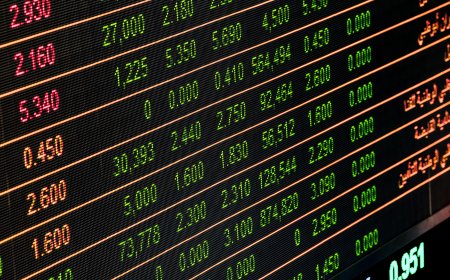Chapter-9: MF Taxes on Capital Gain
This chapter explains the various taxation charges on the capital in various forms of mutual fund investment.

9.1 Fund Managers Charge
There are certain charges for fund managers that investors must pay irrespective of whether the fund is performing well or not. These charges should be comparable with peers of the selected fund because even a 0.5% extra charge will be a good amount in the long run.
9.2 Commission
The commission effects and it can be saved fully with some analysis.
For example,
SBI blue-chip Regular plan which is with commission, the NAV value is 71.3 on 18 Jul 23 while same with direct purchase the NAV value is 77.9 which means an approximate 6 Rs difference.
ü If an investor is purchasing the funds from the AMC websites this charge can be reduced to NIL amount. In such steps, the portfolio must manage on various AMC portals which is a bit tedious task.
ü
ü There are certain brokers who are providing zero commission investment with suitable research which can be stated as good.
9.3 Tax
The taxation is based on the nature of the fund which can be classified as below-
9.3.1 Debt Fund
9.3.1.1 Short-Term Debt Fund (Below 3 years)
The capital gain (Total return – total investment) will be added to the personal income of the investor and the tax is applicable as per the personal tax slab of the investor.
9.3.1.2 Long-Term Debt Fund (More than 3 Years)
Long-term investments get the indexation index (II) benefits from inflation. The tax computation formula is given below-
Tax amount= 20% of (Total return – (Final II/Initial II) *Invested Capital)
For Example,
|
|
Year |
Inflation Index |
Information |
Amount |
|
Investment Year |
2017 |
272 |
Invested Money |
200000 |
|
Exit Year |
2022 |
331 |
Return Money |
267000 |
|
|
Indexation Ratio during the investment period |
1.216912 |
Capital Gain |
67000 |
|
Investment Duration |
5 years |
|
||
|
Tax Amount As per indexation Benefit |
4723 |
|||
|
Tax Amount assuming 20% tax slab with indexation |
13400 |
|||
|
Tax Amount assuming 30% tax slab with indexation |
20100 |
|||
From the example, indexation is quite useful and reduces the tax amount by a great amount.
9.3.2 Equity Fund
9.3.2.1 Short Term Equity Fund (Lesser than 1 year)
The capital gain amount will be taxed by 15%.
For example,
The rupees 50k is invested in a short-term equity fund, the computation of tax will be as follows-
Invested amount : 50,000 INR
Return Amount : 65, 000 INR
Capital gain amount : 15, 000 INR
The value of tax : 20% of 15, 000 =3, 000
9.3.2.2 Long-Term Equity Fund (greater than 1 year)
The long-term capital gain will be tax-free if it is 1 lakh, after that, it will be charged a flat 10% as an income tax.
For example,
5 Lakh is invested for 3 years and the return amount is 8 lakhs, compute the tax amount for the same.
Invested amount : 500,000 INR
Return Amount : 800, 000 INR
Capital gain amount : 300, 000 INR
Taxable capital gain : 300, 000 – 100, 000 INR= 200, 000 INR
The value of tax : 10% of 200, 000 =2, 000 INR
The capital gain of amount 15000 through short-term equity will charge an income tax of 3,000 INR while the capital gain of amount 300, 000 through long-term equity will charge a very lesser tax amount of 2000 only.
9.4 Exit Load
This can reduce up to zero therefore it is advised to select such a fund which had zero exit load.
What's Your Reaction?



















































